Library
Discover the latest innovations, learn about promising practices, and find out what’s coming next with best-in-class resources from trusted sources.
Is there something missing from our library?

Search and filters
Search for the topic or resource you're looking for, or use the filters to narrow down results below.
Results
-
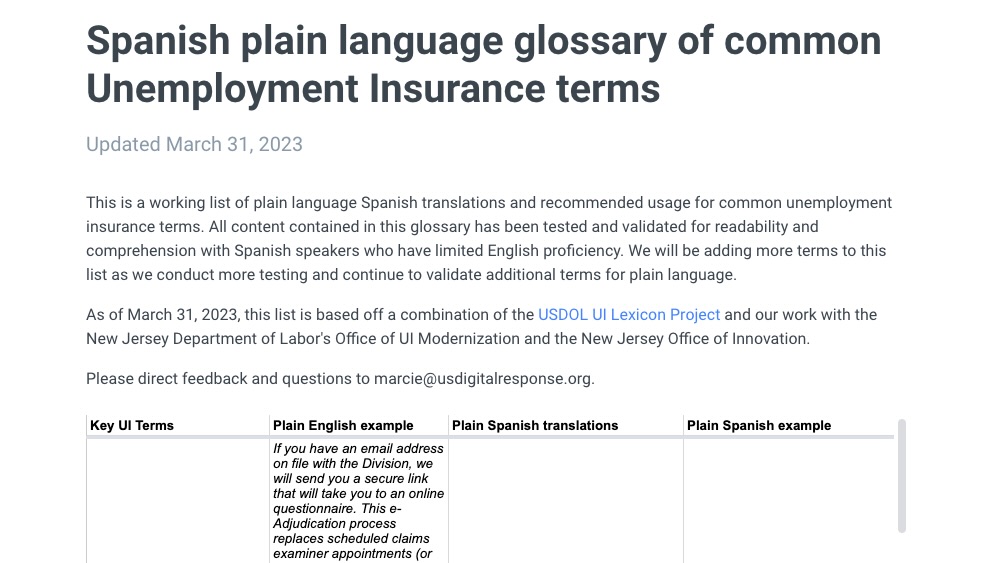
Spanish plain language glossary of common Unemployment Insurance terms
This is a working list of plain language Spanish translations and recommended usage for common unemployment insurance terms. All content contained in this glossary has been tested and validated for readability and comprehension with Spanish speakers who have limited English proficiency.
-
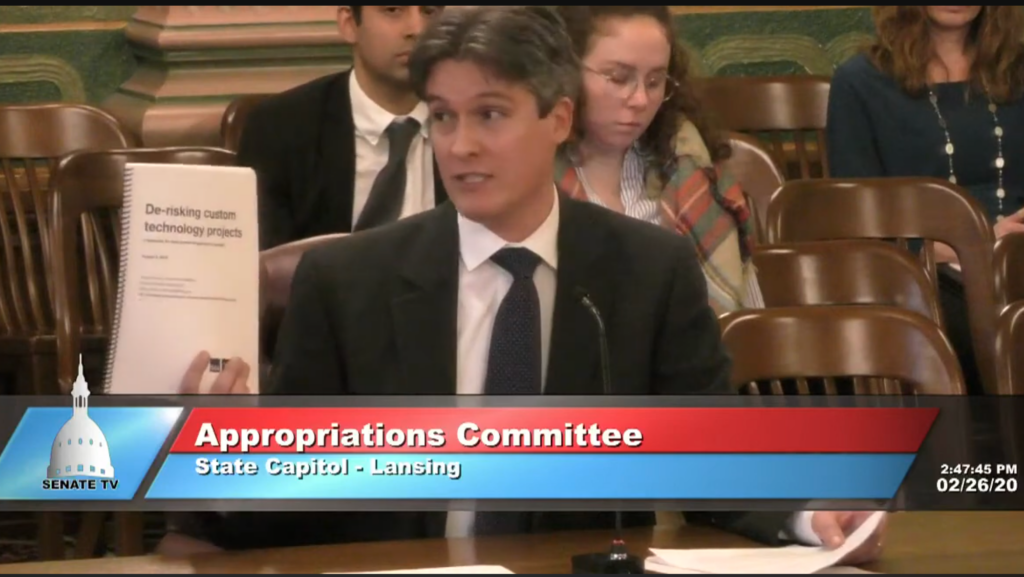
Testimony to the Michigan Senate Appropriations Committee on Technology Project Funding Appropriations
Waldo Jaquith from 18F gives testimony to the Michigan Senate Appropriations Committee on how to efficiently appropriate money to technology projects.
-
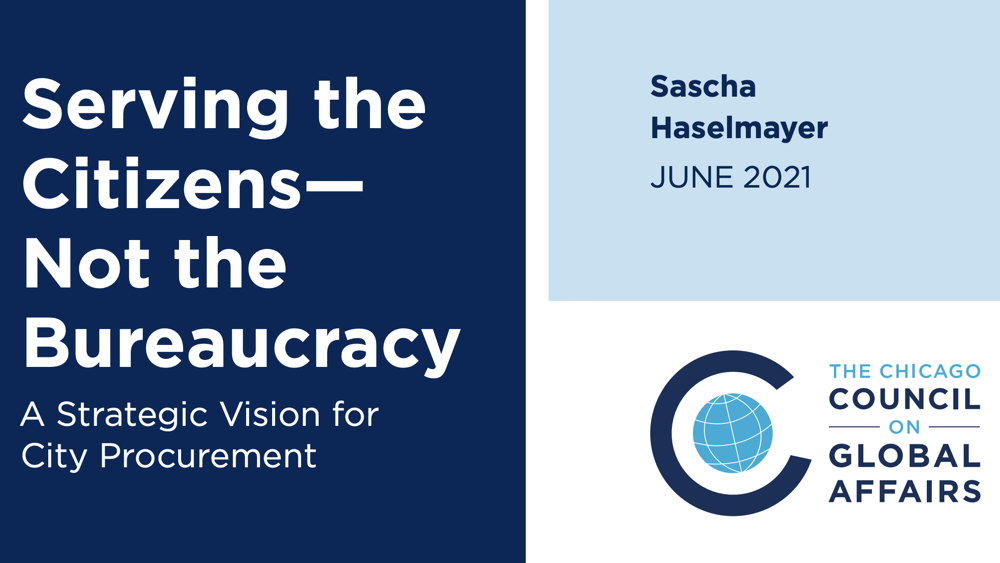
Serving the Citizens—Not the Bureaucracy: A Strategic Vision for City Procurement
Report proposing that cities reimagine procurement as a public service, which can unlock a world of ideas for change and improvement.
-

NASPO Modular Procurement Primer
National Association of State Procurement Officials primer on modular procurement
-
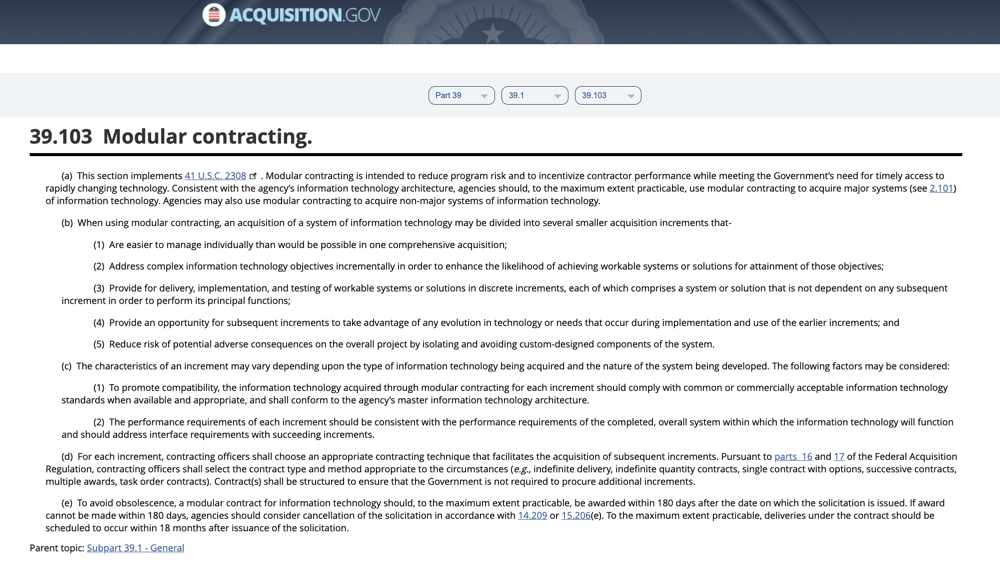
Federal Acquisition Regulations on Modular Procurement
Federal regulations document about modular procurement
-
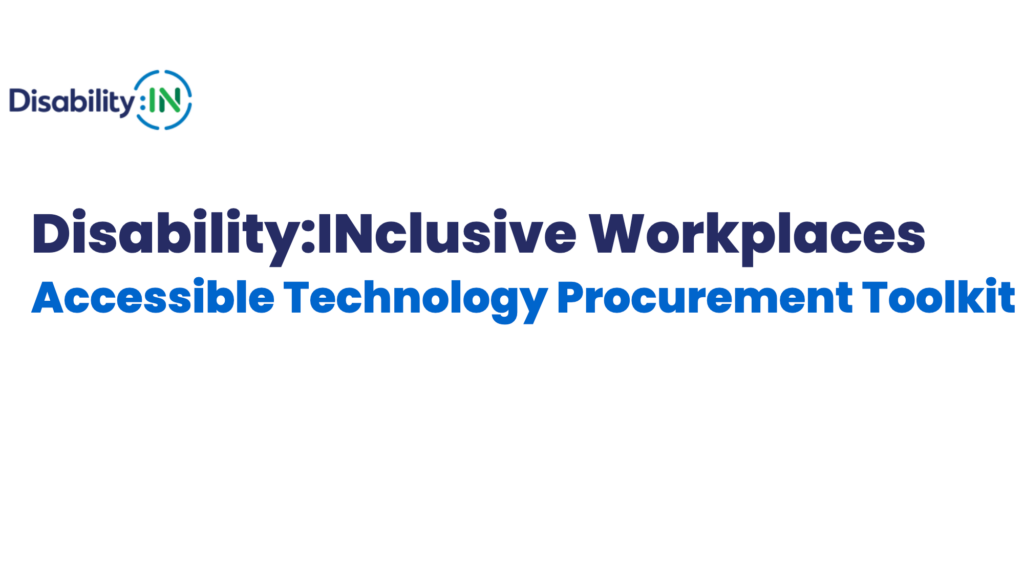
Disability: INclusive Workplaces Accessible Technology Procurement Toolkit
Guidebook on procuring accessible technology
-

Digital Service Purchasing Analyst I
This is a job description for the role of Digital Service Purchasing Analyst I from the City of Syracuse and NY Innovation Office.
-
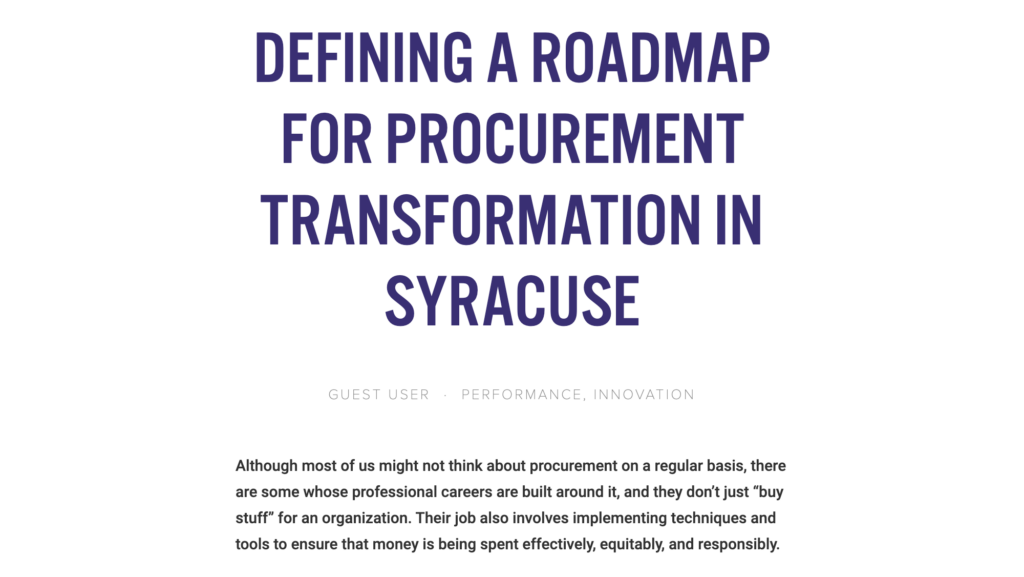
Defining a Roadmap for Procurement Transformation in Syracuse
Post from the Syracuse Procurement Team discussing their work in transforming procurement in Syracuse, NY.
-

Ad Hoc Modular Contracting Guide
A toolkit discussing modular contracting.
-
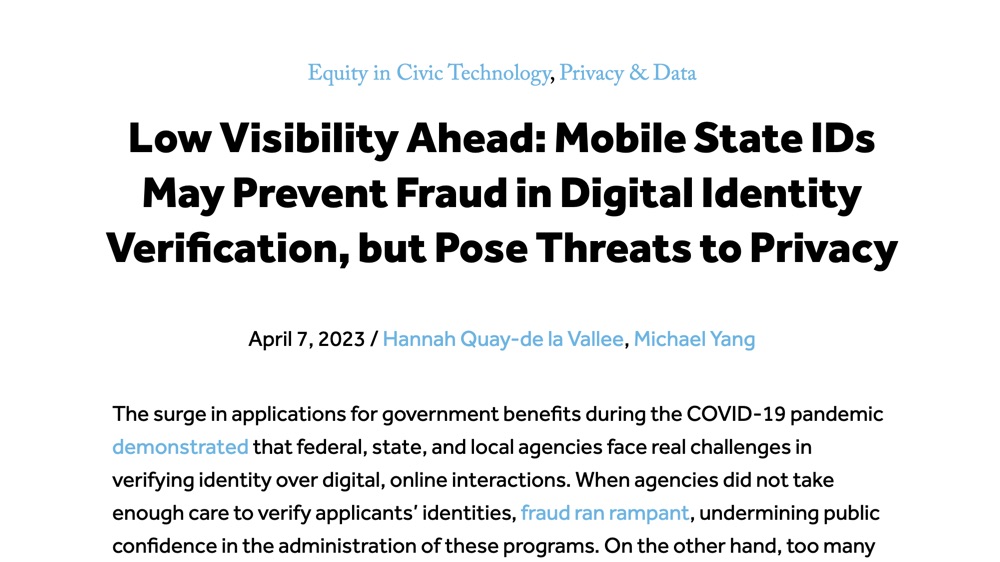
Low Visibility Ahead: Mobile State IDs May Prevent Fraud in Digital Identity Verification, but Pose Threats to Privacy
This analysis explores the dual nature of mobile state IDs, highlighting their potential to enhance digital identity verification while raising significant privacy and equity concerns.
-
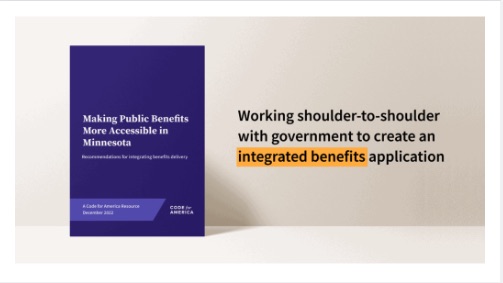
Making Public Benefits More Accessible in Minnesota
This report highlights work with Minnesota and includes nine suggestions for states seeking to launch their own integrated benefits applications
-
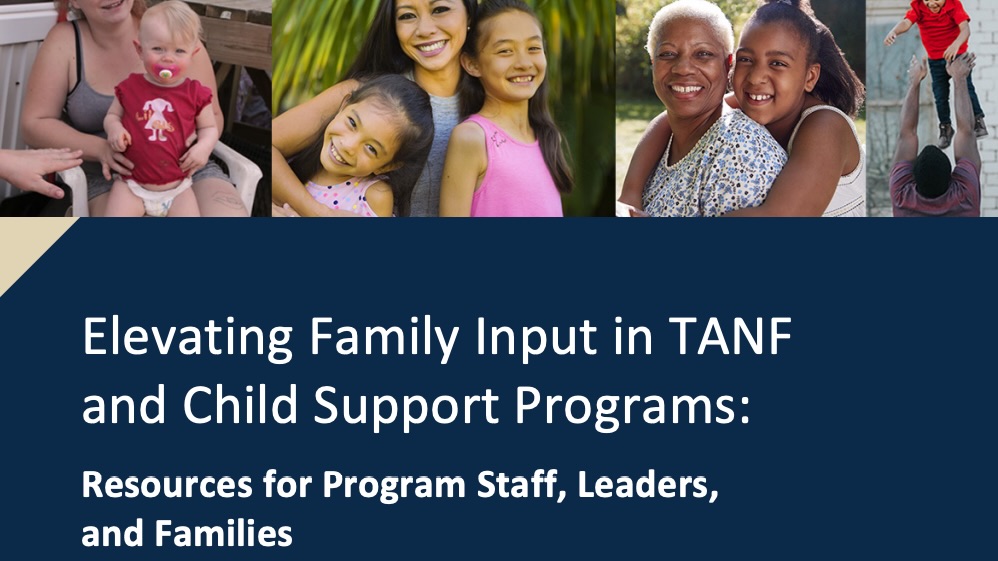
Elevating Family Input in TANF and Child Support Programs: Resources for Program Staff, Leaders, and Families
This expansive toolkit provides guidance, real world examples, and resources to help TANF and child support programs engage the families they serve in improving service delivery, policy, and program operations.